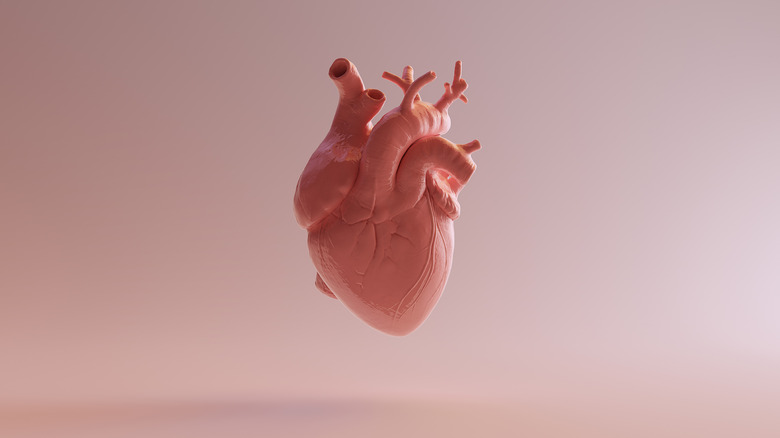Some Heart Transplant Patients Think Their New Organs May Have Old Memories
Alongside their new organ, some transplant recipients also say they've inherited new emotions, tastes, and even memories. These experiences—ranging from food cravings to altered personality traits—occasionally align with their donor's preferences, sparking debate about whether organs can carry memories over, too.
Organ transplantation has been a cornerstone of modern medicine since 1954, when the first successful kidney transplant saved a life. Over the decades, technological and medical advancements have made it possible to transplant hearts, lungs, livers, and more, giving countless patients a second chance.
Yet the mystery surrounding some transplants has led scientists to explore a fascinating question: Can organs transfer memory? Heart recipients often report startling changes. Some develop a taste for foods they never enjoyed, while others claim new phobias or personality traits.
One recipient, a health-conscious choreographer, felt an uncontrollable urge for chicken nuggets—a food her donor was reportedly carrying in his coat pocket when he passed away. Such stories, though anecdotal, have prompted scientific inquiry into the potential mechanisms behind these changes.
Researchers have proposed several theories. The concept of cellular or "body memory" suggests that individual cells might store information beyond their basic functions. This idea of memories could very well transfer to the organs. Alterations in DNA expression without modifying the sequence could also play a role, as the integration of a new organ might disrupt the recipient's existing cellular environment.
Additionally, the heart's electromagnetic field—a network of neurons within the heart—might communicate with the brain in ways we don't yet understand. While no definitive explanation exists, the heart's role in bidirectional communication with the brain adds some weight to these possibilities.
Neurological, biochemical, and biophysical pathways could all contribute to this heart-brain connection, but the physical and emotional toll of transplant surgery, combined with medications, might also influence these reported "organ" memory transfers.
As researchers delve deeper, these findings could reshape our understanding of organ transplantation and the human experience that comes with it. For now, these stories only raise more questions about the body and leave scientists wondering: just how much is there left to discover about the human body?
